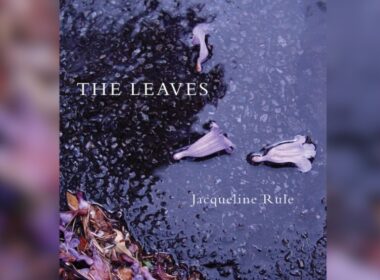Author: Nina Angelo
Publisher: Sydney Jewish Museum
It’s hard to imagine how anyone could find love and light in the darkness of the almost unimaginable horror that was Auschwitz–Birkenau, but that’s precisely what Nina Angelo has done in this memoir that recounts her parent's journey to a peaceful life.
Angelo is a community artist, poet and advocate who earned an Order of Australia Medal (OAM) for her services to the art community. Her memoir is devoted largely to the telling, often in their own voices, of her parents’ journey from the brutality of the concentration camps of Europe across the miles and years to the peace and security of Australia. It is also her own fascinating story.
Don’t Cry, Dance follows a trail spanning four generations of a family in their journey from war to peace, from tragedy to triumph, from one side of the globe to another.
Angelo stitches together the remarkable tales of her Greek-Spanish father Alberto and her Polish mother Janka, recounting their survival against the odds, the bitter shared experience that brought them together in Paris after the war, and the life and family they forged from their capacity for love and forgiveness.
This is a classic yet uncliched tale of the triumph of good over evil, told with a quirky, idiosyncratic turn of phrase and the unique perspective of this first-time author. Angelo draws on the lessons inherent in her parents’ story to navigate her own life’s challenges with tolerance, kindness and humour in equal measure.
Among those lessons is that of the power of forgiveness to heal, of the importance of recognising that we can’t move forward if we can’t be at peace with the past.
While Don’t Cry, Dance is a deeply personal work for Angelo, it’s also a reminder of the importance of continuing to tell and hear stories such as Alberto’s and Janka’s. History, it’s said, is something from which we must learn lest we be doomed to repeat it.
Don’t Cry, Dance serves to remind us that even the blackest of clouds hides a silver lining for those who care to look. This book is as much a tribute to Angelo’s own resilience and generosity as it is her parents’ strength, and to the capacity of the human spirit to overcome.




